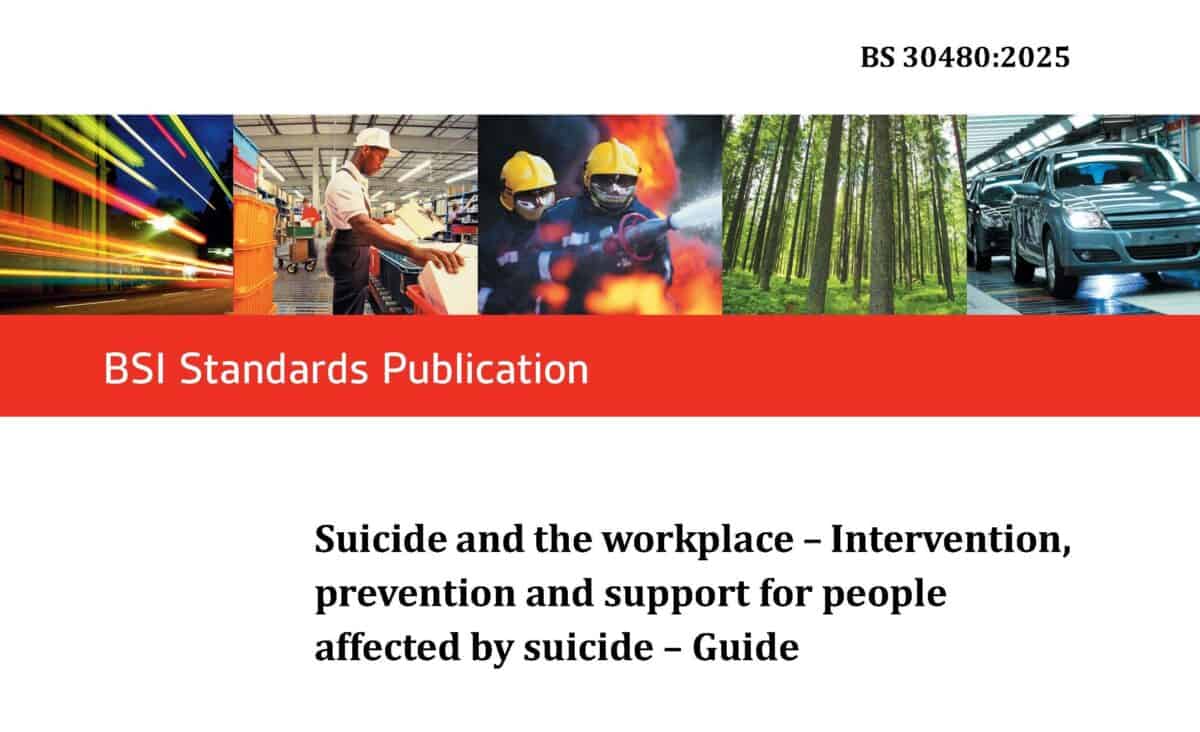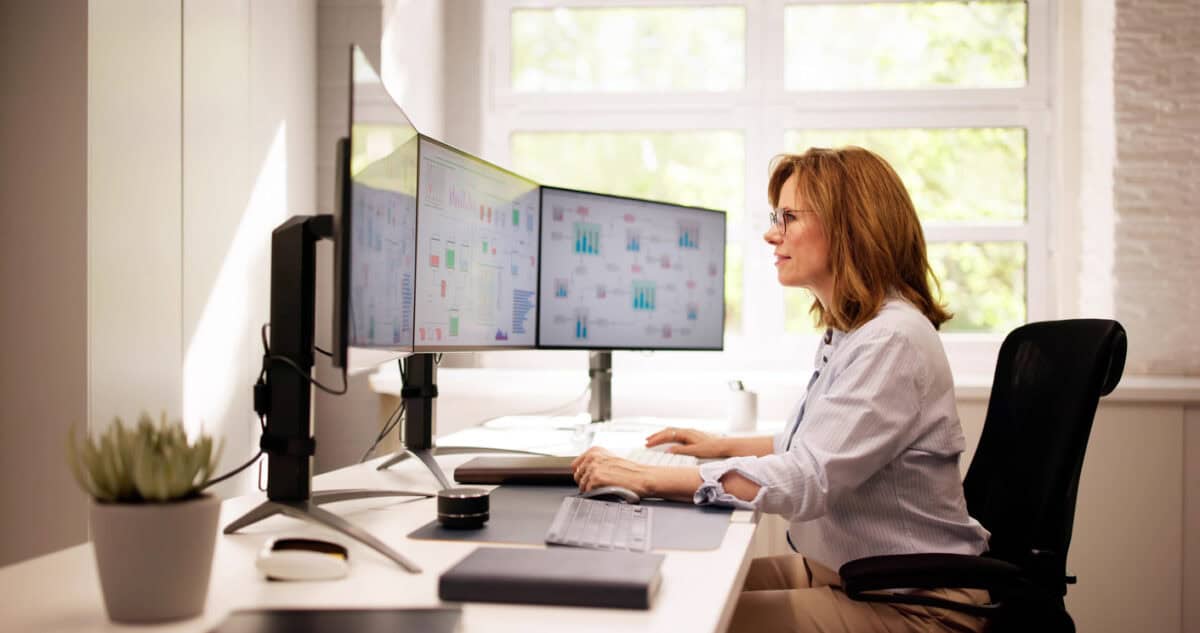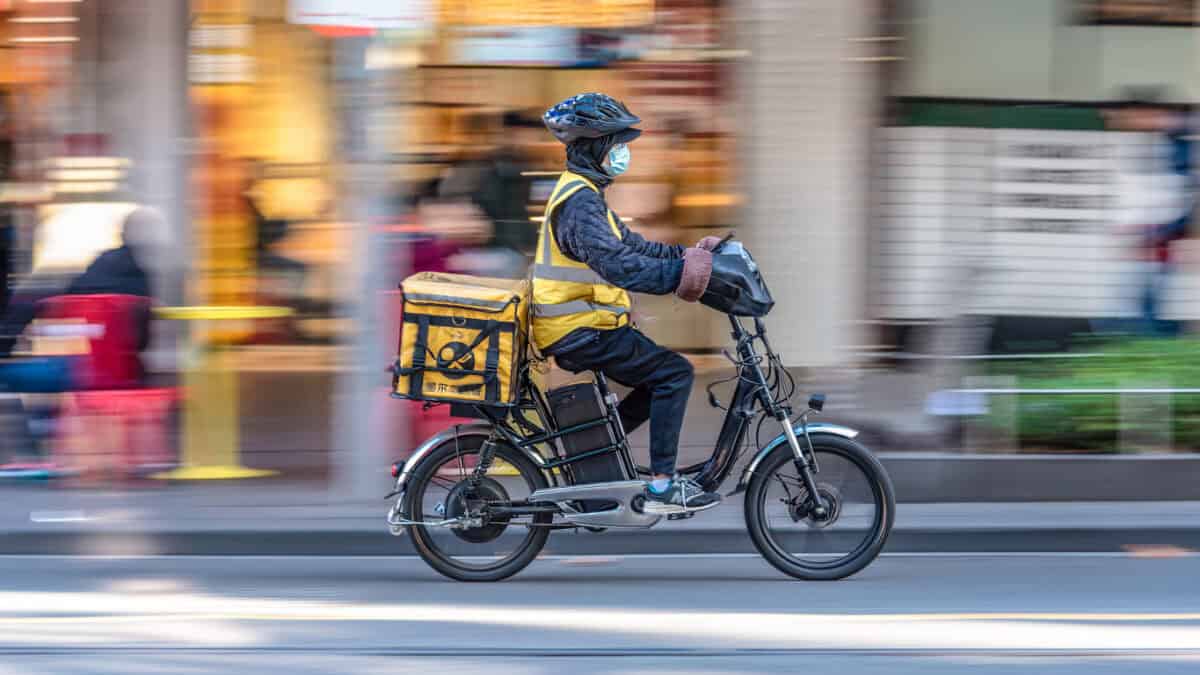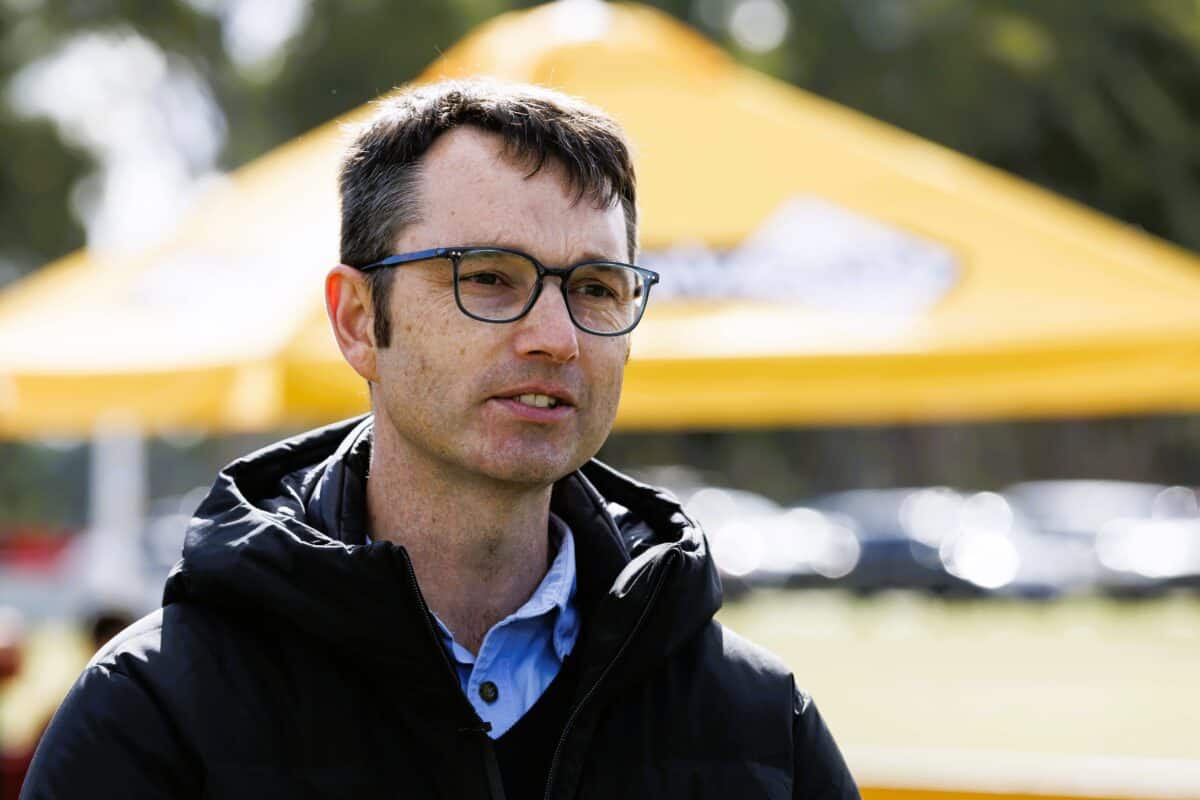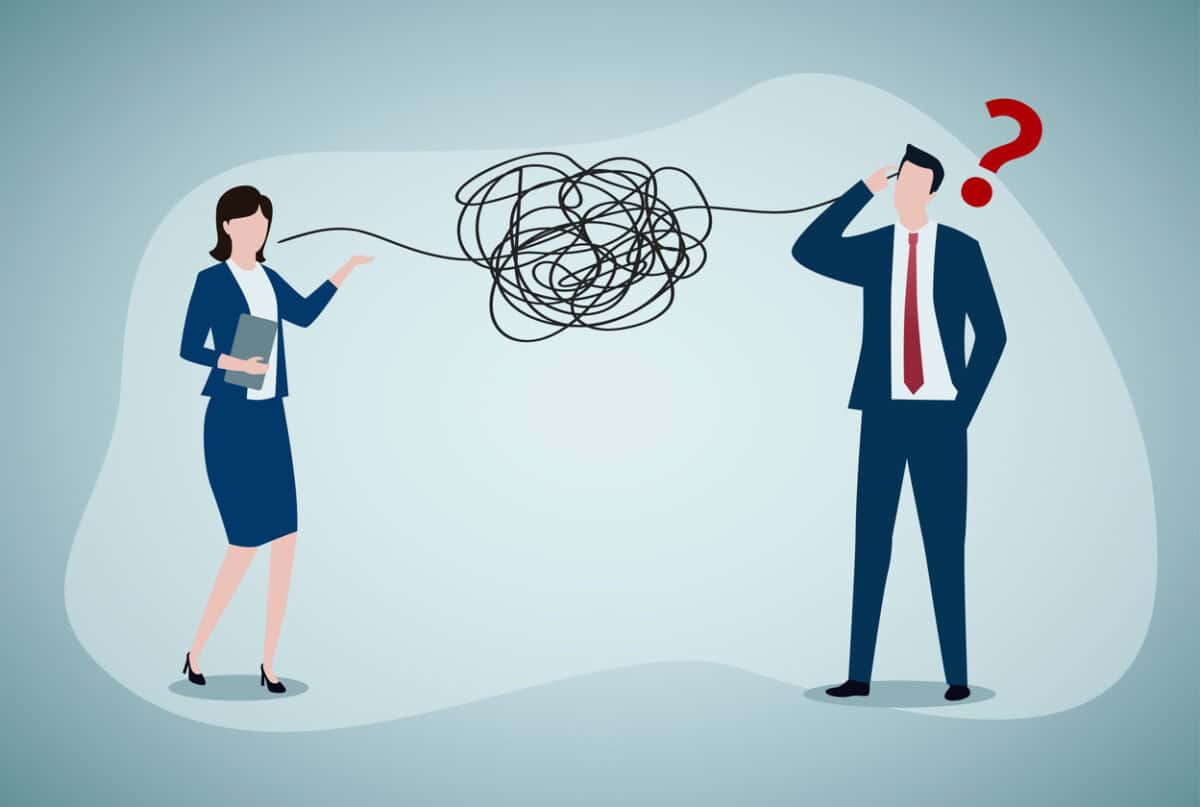In August 2025, the Electrical Trades Union (ETU) released some disturbing occupational health and safety (OHS) statistics involving electrical apprentices. The story was picked up by the Australian Broadcasting Corporation in October, Australia’s Safe Work Month. The focus was on improving safety training for apprentices; however, this focus is primarily on lower-order hazard controls and overlooked employer OHS obligations. I contacted the ETU and EnergySafe Victoria. The ETU didn’t get back to me but below is EnergySafe’s informative response.
Category: risk
How BS30480 Challenges Tokenistic Mental Health Programs
British Standards Institute has just published BS30480, a standard called “Suicide and the workplace – Intervention, prevention and support for people affected by suicide – Guide”. It has come at the right time to show that the changes in psychological health at work in Australia are not in isolation.
Note: this article discusses workplace suicide factors.
What the Evidence Really Says About Working from Home
The chairwoman of Australia’s Productivity Commission, Danielle Woods, produced an op-ed in an Australian newspaper on 30 October 2025 about working from home. In this contentious workplace matter, Woods referred to evidence several times that the newspaper format does not readily allow for. Below are links to that important evidence and some analysis.
Another Step on the Long Road to Protecting Gig Workers
On October 21, 2025, the Australian Capital Territory’s Parliament debated (page P3249) expanding workers’ compensation to gig workers. Impediments to change were similar to those mentioned in various parliamentary inquires and debates ever since gig work developed into an industry sector and gig workers started to die at work. But the amendment passed so progress was made.
Why Known Hazards Still Kill – Falls from Heights
Recently WorkSafe Victoria revealed that in 2025:
“In the first half of this year, 174 Workcover claims have been lodged from the construction industry, from falls alone. A further 34 businesses have been charged and another 28 duty holders faced legal action, accumulating more than 2.54 million in fines, undertakings and costs. That already tops the entire 2024 figure of $1.65 million from 33 charged or prosecuted entities.”
I had the opportunity to ask WorkSafe’s Chief Health and Safety Officer, Sam Jenkin (pictured above), why such a well-known workplace hazard persists.
WorkSafe Victoria’s Wake Up Call on Psychosocial Hazards
WorkSafe Victoria has just concluded a Safe Work Month webinar on psychosocial hazards and psychological risks, attended by around 14,000. The content was familiar to anyone who has been following the development of Victoria’s new occupational health and safety (OHS) over the last four years, but it was an important communications opportunity for WorkSafe with useful insight into employers’ perspectives on mental health at work.
OHS Lessons from the Antoinette Lattouf Case
Just before Christmas in 2023, Antoinette Lattouf was taken off-air by the Australian Broadcasting Corporation halfway through her five-day contract as a radio fill-in. It sparked an acrimonious unfair dismissal dispute. Last week the Australian Labour Law Association held a webinar on the case which touched on the occupational health and safety (OHS) perspective.


